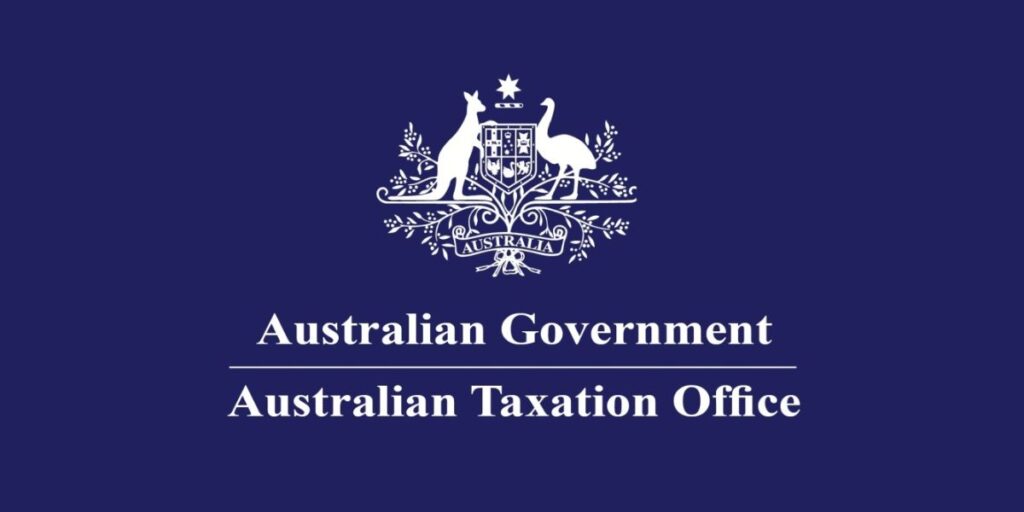Australia’s Tax Office Demands Crypto Exchange Data from 1.2 Million Users

Quick Take:
- Australia’s Tax Office (ATO) mandates crypto exchanges to furnish personal and transaction details of 1.2 million traders.
- The move aims to curb tax evasion in the cryptocurrency sphere.
- ATO’s data collection includes names, addresses, birthdays, and transaction specifics to ensure compliance with capital gains tax obligations.
- This initiative follows a series of regulatory actions tightening oversight within Australia’s crypto industry.
Australia’s Tax Office (ATO) is intensifying its efforts to ensure tax compliance within the cryptocurrency sector, as it now demands comprehensive data from crypto exchanges pertaining to 1.2 million traders. The move, announced in April as part of an enhanced surveillance endeavor, underscores ATO’s resolve to tackle tax evasion in the burgeoning digital asset space.
Recent reports reveal that the ATO’s latest protocol mandates designated cryptocurrency exchanges to furnish extensive personal information, including names, addresses, birthdays, and transaction specifics of traders. This data collection initiative aims to facilitate audits to ascertain compliance with obligations related to capital gains tax on crypto transactions, as per the Australian Financial Review’s coverage.
The ATO’s heightened scrutiny comes in response to concerns regarding unreported cryptocurrency-related activities. Notably, the regulator seeks to identify individuals who may have neglected to disclose their crypto dealings, encompassing exchanges of digital assets for fiat currency or utilization in purchasing goods and services.
Australia’s regulatory stance on cryptocurrencies has become increasingly stringent, particularly following significant industry developments such as the collapse of FTX. In response, regulatory bodies have taken proactive measures, including legal actions against companies operating without proper licenses. Furthermore, banking institutions have implemented restrictions on payments to crypto exchanges, while proposals for a new licensing framework for crypto exchanges are underway.
Last year, the ATO provided clarification regarding the application of capital gains tax to various crypto assets, extending its scope to wrapped tokens and interactions with decentralized finance (DeFi) protocols. This move reflects a concerted effort by Australian authorities to adapt tax regulations to the evolving landscape of digital assets.
As Australia reinforces its regulatory framework surrounding cryptocurrencies, the latest directive from the ATO signals a proactive approach towards ensuring tax compliance and addressing potential avenues for evasion within the crypto ecosystem. This initiative underscores the growing significance of regulatory oversight in fostering trust and stability in the rapidly expanding digital asset industry.



